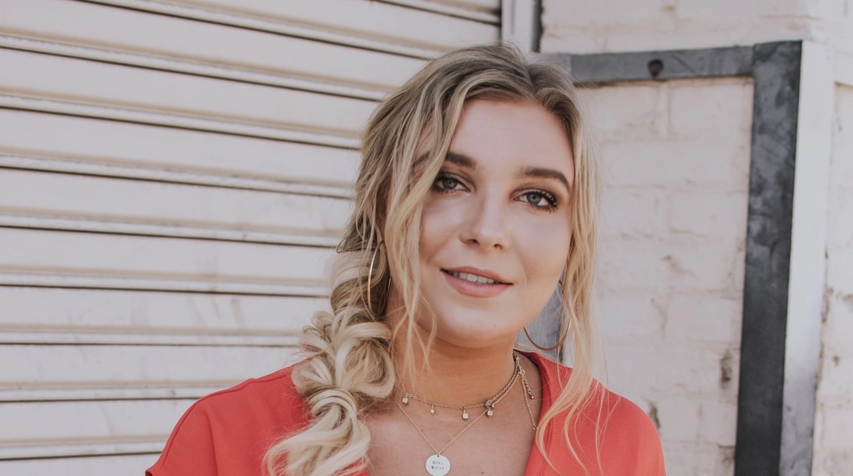What is the difference between Differin and Epiduo?

Differin (Adapalene) and Epiduo are two gels used for acne treatment. Differin is sold in two forms: Adapalene 0.1%, which can be bought without a prescription (over the counter), and Adapalene 0.3%, which requires a prescription. Epiduo is a combination of Adapalene 0.1% and Benzoyl Peroxide 2.5%. Epiduo Forte combines Adapalene 0.3% and Benzoyl Peroxide 2.5%.
The Differin, 0.3% gel, mainly treats comedonal acne (blackheads and whiteheads) and has a minimal effect on inflammatory acne. Benzoyl Peroxide, the single most effective anti-acne ingredient, is effective on blackheads and inflammatory red pimples. The addition of Benzoyl Peroxide to Adapalene in the Epiduo gel allows it to cover both inflammatory acne (papules, pimples) and comedonal acne.
The main problem with Differin (Adapalene) as with other topical retinoids is its weak effect on the most annoying acne lesions – the red inflammatory pimples.
The updated acne treatment guidelines of the American Academy of Dermatology recommend using retinoids as a single treatment just for comedones. Retinoids are not recommended as a single treatment if there are also inflammatory red pimples. They should be combined with more effective ingredients that kill bacteria (benzoyl peroxide or antibiotics). "Topical retinoids are recommended as monotherapy in primarily comedonal acne or combination with topical or oral antimicrobials in patients with mixed or primarily inflammatory acne lesions."
The secondary problem with products such as Differin and Epiduo is their high irritation/benefit ratio. In addition to direct irritation, these products are photosensitizers, limiting their summer use.
Side effects reported from the Adapalene in Differin and Epiduo:
- Sun Sensitivity: As with all retinoids, the adapalene found in Differin and Epiduo causes the skin to be very sensitive to the sun. This may lead to sunburn, redness, and sunspots without proper sun protection. When using Differin or Epiduo, it is recommended to avoid the use of sun lamps or tanning beds/booths.
- Skin Irritation: Adapalene found in Differin and Epiduo can cause skin irritation, redness, and purging. Adapalene may aggravate atopic dermatitis and seborrheic dermatitis. Epiduo is connected with possible allergic reactions like skin rash, itching or hives, and swelling of the face, lips, or tongue.
- Skin Dryness: When using Differin and Epiduo, it's not recommended to use products that may dry the skin, like medicated cosmetics, alcohol, astringents, spices, limes, abrasive soaps, or cleaners. Using these products together with Adapalene-containing medications causes severe burning, redness, crusting, or swelling of the treated areas.
Adapalene (as with all retinoids) is contraindicated in pregnancy, breastfeeding, and kids below 12. Adapalene is more effective on blackheads but frequently has a slow effect on acne. When using Differin or Epiduo, acne may get worse at first. It may take 2 to 12 weeks before you see their full effects (GoodRx).
What is the best alternative to Differin (adapalene)?
The best alternative to Differin and types of adapalene is retinol combined with niacinamide. High-quality retinol can help with black and whiteheads and prevent red, inflamed pimples. It can also help with skin texture, adding a fresh, natural glow. Adding niacinamide (topical vitamin B3) protects the skin's natural skin barrier, reduces redness, and helps reduce acne, dark spots, and freckles. Retinol cream-based products cause significantly less irritation than the gel-based adapalene used in older prescription adapalene formulations.
What is the best over-the-counter alternative to Epiduo?
The best alternative to Epiduo would be a cream-based, micronized benomyl peroxide combined with anti-inflammatory plant-based complexes. Benzoyl peroxide 2.5% is regarded as the most effective anti-bacterial agent for acne. Anti-inflammatory plant-based compels such as aloe vera or cucumber extract and anti-oxidants such as green tea or vitamin E help reduce distraction redress and skin dryness.
Shop:
Best Retinol 0.5% + Niacinamide 4% (Amazon).
Best Retinol 0.25% + Niacinamide 2% (Amazon).
Read more:
Guidelines of care for the management of acne vulgaris: American Academy of Dermatology
Differin pricing and adverse effects: GoodRx
Epiduo pricing and adverse effects: GoodRx
How long does it take Epiduo to start working?
Is Epiduo better than Benzoyl Peroxide?
To find the right acne treatments for your unique skin, take the free skin assessment by clicking here.


